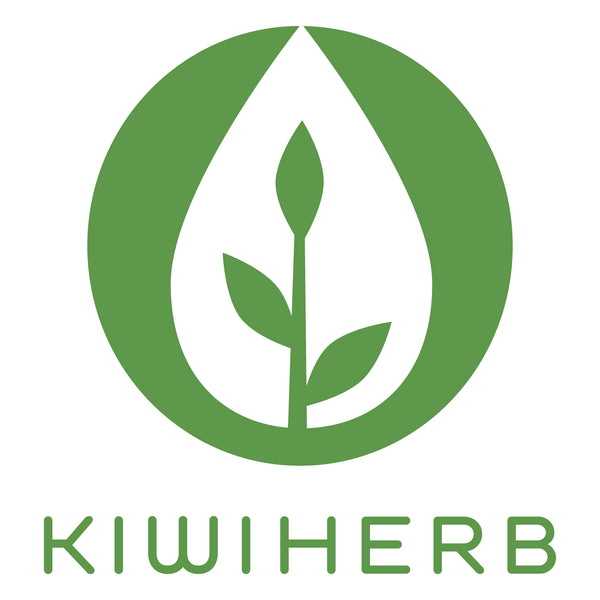Mānuka Honey
 Mānuka Honey is made by honey bees after collecting nectar from the New Zealand native tree Mānuka (Leptospermum scoparium), which grows plentifully in most parts of New Zealand.
Mānuka Honey is made by honey bees after collecting nectar from the New Zealand native tree Mānuka (Leptospermum scoparium), which grows plentifully in most parts of New Zealand.
The antibacterial and many other healthy properties of Mānuka Honey have made this unique New Zealand natural product highly valued in recent years, both as a food and ingredient in natural health products. Like other honeys, it has antibacterial and wound healing properties. But there’s something unique about the Mānuka tree that seems to contribute to more potent therapeutic properties than those shown by other types of honeys(1).
The ability of certain forms of Mānuka Honey to act as healing agents for wounds and ulcers is also increasingly recognised. Clinical trials have found Mānuka Honey dressings to have good healing properties in chronic leg ulcers and other stubborn skin wounds.
Use for winter bugs
The benefits of honey as a winter remedy, particularly in children, have become increasingly apparent in recent years. At least four scientific studies with favourable results have been published, using different types of honey(2-8).
It’s also a much more natural sweetening agent than sugar, used in many syrups to mask the taste of the ingredients they contain.
Safety of honey in little ones
Concerns have been expressed around the safety of using honey in little ones less than 1 year old. This is due to the possible presence of Clostridium botulinum spores, the bacteria responsible for an extremely rare condition in little ones: infant botulism. This illness typically affects babies between 3 weeks and 6 months old as they lack the gut microflora which controls the replication of the bacteria after ingestion of the spores. Worldwide, the level and frequency of spores found in honey is generally low and 90% of the reported cases of infant botulism have occurred in the US, especially California.
However, there have been no notifications of human botulism in New Zealand since records began in 1987. Small scale environmental testing for C. botulinum has failed to identify strains responsible for infant botulinum in the New Zealand environment. This suggests the risk of contamination of New Zealand-produced honeys is extremely low.
The routine testing of honey for Clostridia spores is not an industry norm in New Zealand, as extraction and processing practices are used as the principle control measures. However, as our wee ones are so precious to us, here at Kiwiherb we take the precautionary step of testing all of our honey for the presence of Clostridium botulinum spores, providing additional assurance it can be safely incorporated into our products.
References:
- Molan P, Rhodes T. Wounds 2015; 27(6):141-151.
- Oduwole O, Meremikwu MM, Oyo-Ita A, Udoh EE, Cochrane Database of Systematic Reviews 2014 Dec 23;(12):CD007094.
- Ayazi P, Mahyar A, Yousef-Zanjani M, Allami A, Esmailzadehha N, Beyhaghi T,. PLoS One 2017; 12(1):e0170277.
- Paul IM et al, Arch Pediatr Adolesc Med 2007; 161:1140-1146.
- Paul IM. Lung 2012; 190(1):41-44.
- Shadkam MN et al, J Altern Complement Med 2010; 16(7):787-793.
- Cohen HA et al, Pediatrics 2012; 130:465-471.
- Goldman RD, Can Family Physician 2014; 60, 1107-1110
Find Mānuka Honey in Kiwiherbs Children's Goodnight Chest Syrup, Children's Organic Chest Syrup, Children's Organic Throat Syrup, Echinature, ImmuneBerry, Organic ImmuneGuard, Dual-Action Chest & Lung Support, Organic Chest Syrup, Sound Asleep, Kawakawa Stomach Calm and Ginkgo Alert.
Return to our Herb Profiles.
